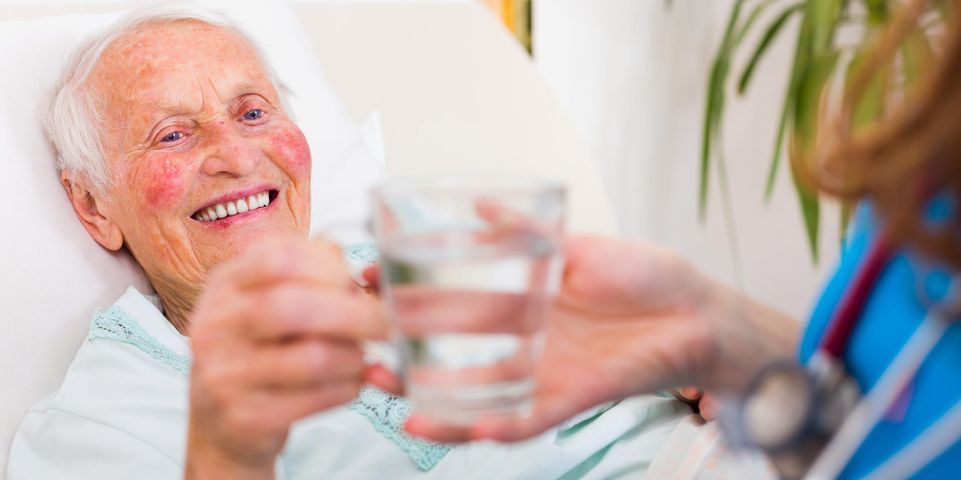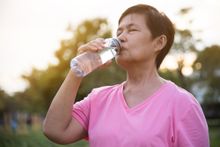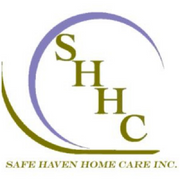The Importance of Hydration for Seniors

Caregivers play an integral role in allowing older adults to maintain their well-being. From helping with hygiene to distributing medications, these professionals also ensure seniors are eating healthy and getting enough water. Here is some information on why hydration matters for older people and how caregivers can help them stay on track.
Understanding Hydration for Senior Care
Why Is Water Important?
Water lubricates the eyes, joints, and digestive system to encourage smooth movement. It also promotes cell growth and regulates body temperature while transporting oxygen throughout the body. When someone is dehydrated, it means that they’re drinking less water than their body is expelling. This can lead to minor or severe health issues in people of all ages, from headaches to hospitalization for fluid intake.
Dehydration is especially dangerous for older individuals. Because seniors have less water in their bodies, they have a higher likelihood of experiencing dehydration and may exhibit symptoms of the issue more quickly.
What Are Some Signs of Dehydration?
It’s important for caregivers to watch for signs such as headaches, dizziness, confusion, and infrequent urination. Fatigue, extreme thirst and dark-colored urine are also commonly associated with dehydration.
Do Some People Dehydrate More Than Others?
 Individuals with diabetes or kidney issues process water differently and are more likely to experience dehydration. Some medications—including laxatives—may also heighten this risk, so it’s critical to talk with the person’s doctor to understand how their medicine regimen may affect their hydration levels. Having this information will help you encourage the senior to drink more as needed to keep their health in top shape.
Individuals with diabetes or kidney issues process water differently and are more likely to experience dehydration. Some medications—including laxatives—may also heighten this risk, so it’s critical to talk with the person’s doctor to understand how their medicine regimen may affect their hydration levels. Having this information will help you encourage the senior to drink more as needed to keep their health in top shape.
How Can Caregivers Encourage Hydration?
Help your senior maintain hydration by encouraging them to drink a glass of water with each meal. Have them carry a water bottle with a top that is easy to maneuver so they can bring water everywhere. You can also suggest that they eat foods that offer high water content like watermelon, strawberries, skim milk, peaches, and lettuce.
If you’re looking for a caregiver for your senior loved one, contact Safe Haven Home Care in Brooklyn, NY, to learn about their compassionate, experienced team. Their care staff includes certified home health aides, live-in companions, respiratory therapists, registered nurses and medical social workers. Call (718) 968-6970 or visit the website for information on their financial and insurance options for caregivers in the Bronx, Staten Island, Manhattan, and Queens.
About the Business
Have a question? Ask the experts!
Send your question

